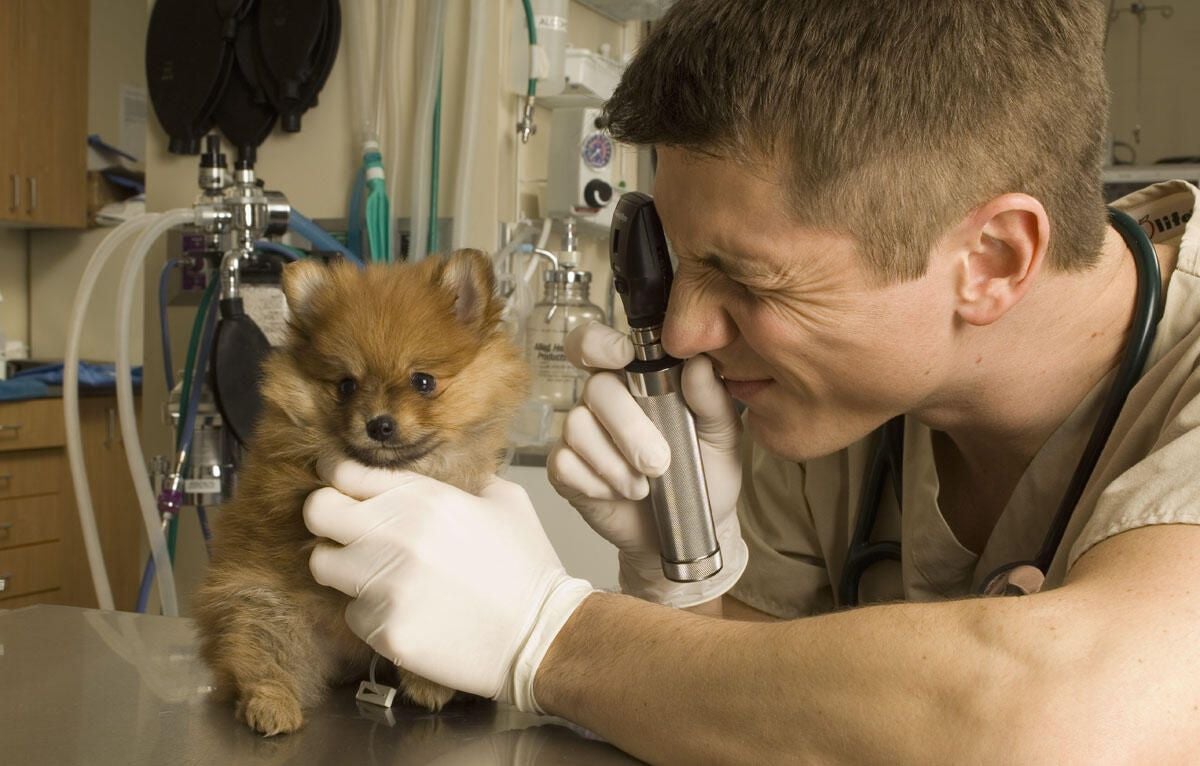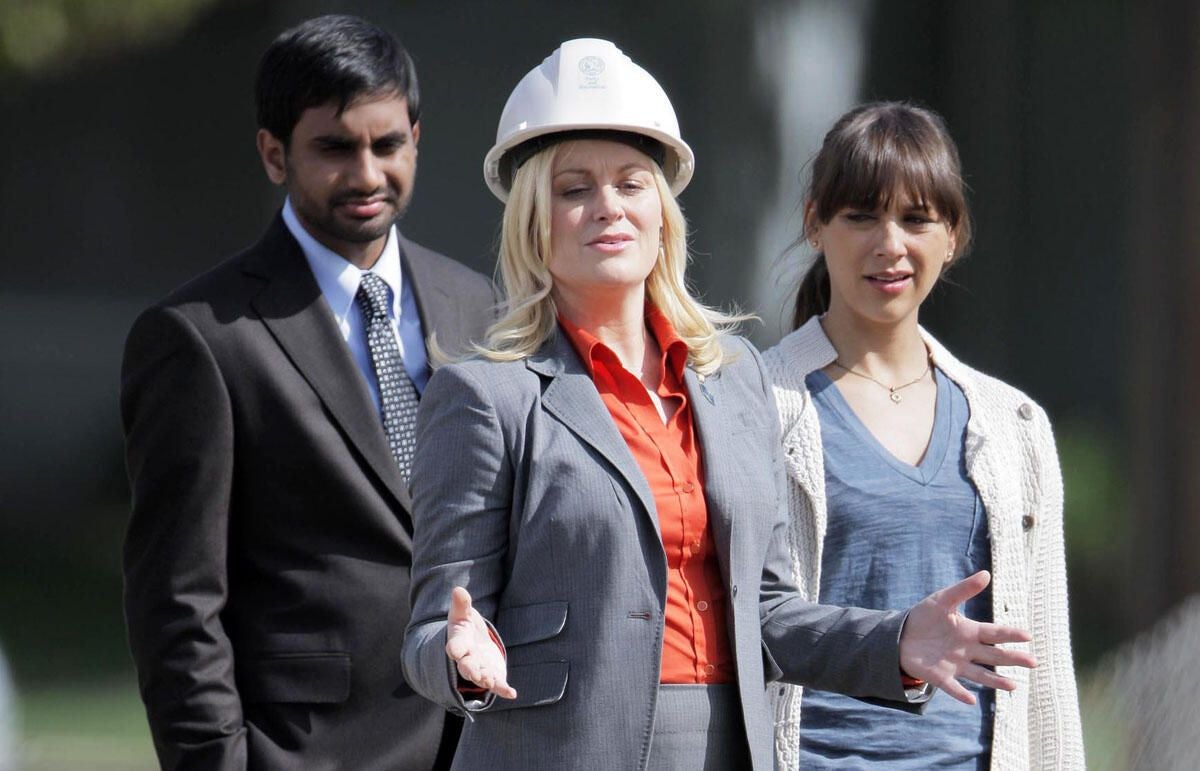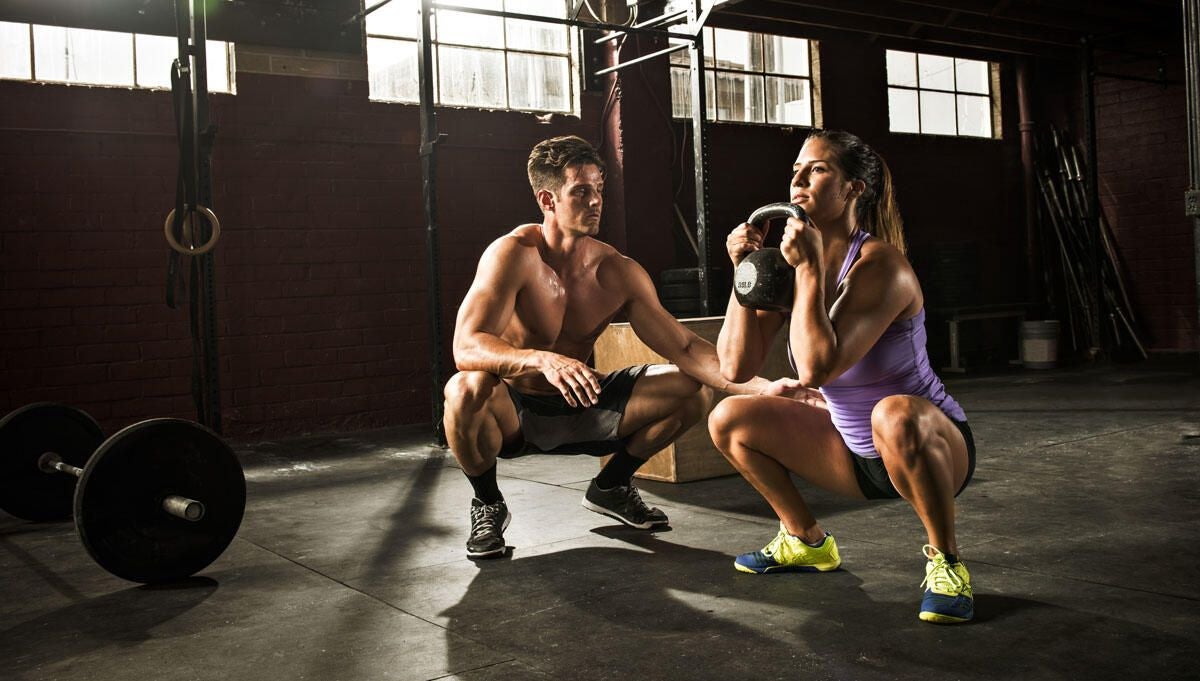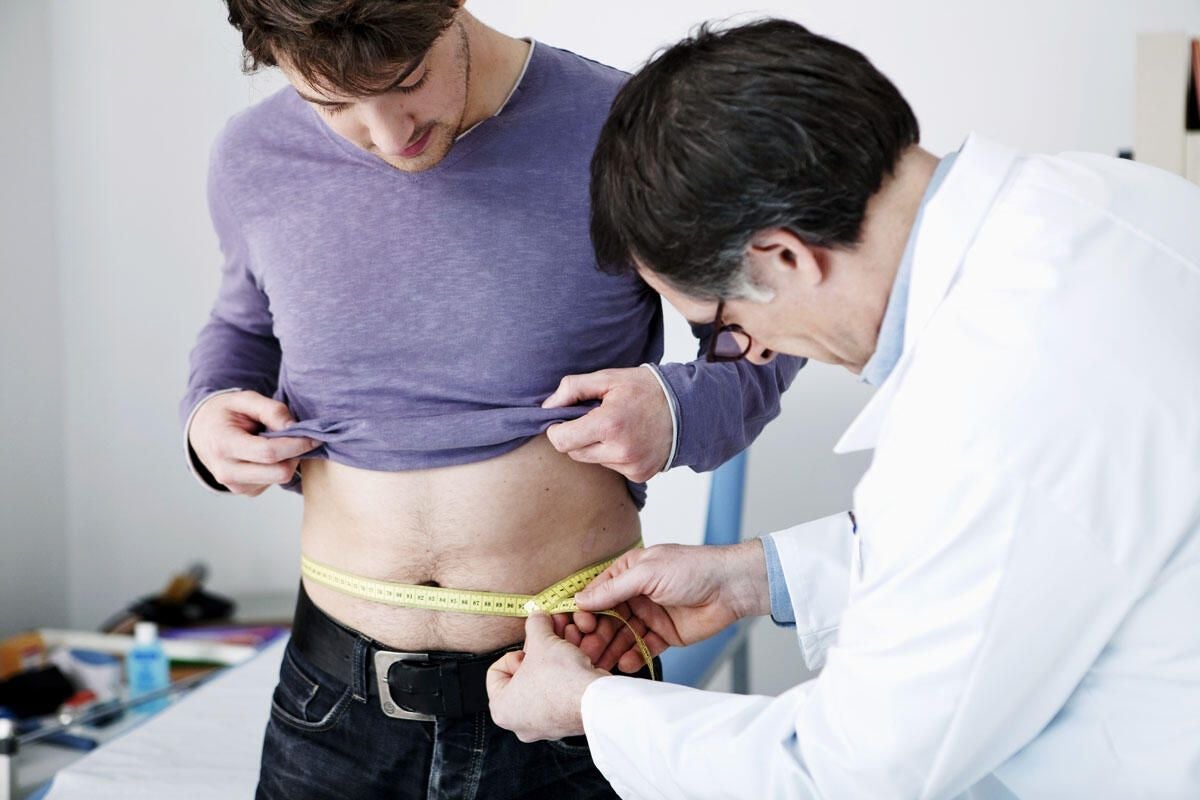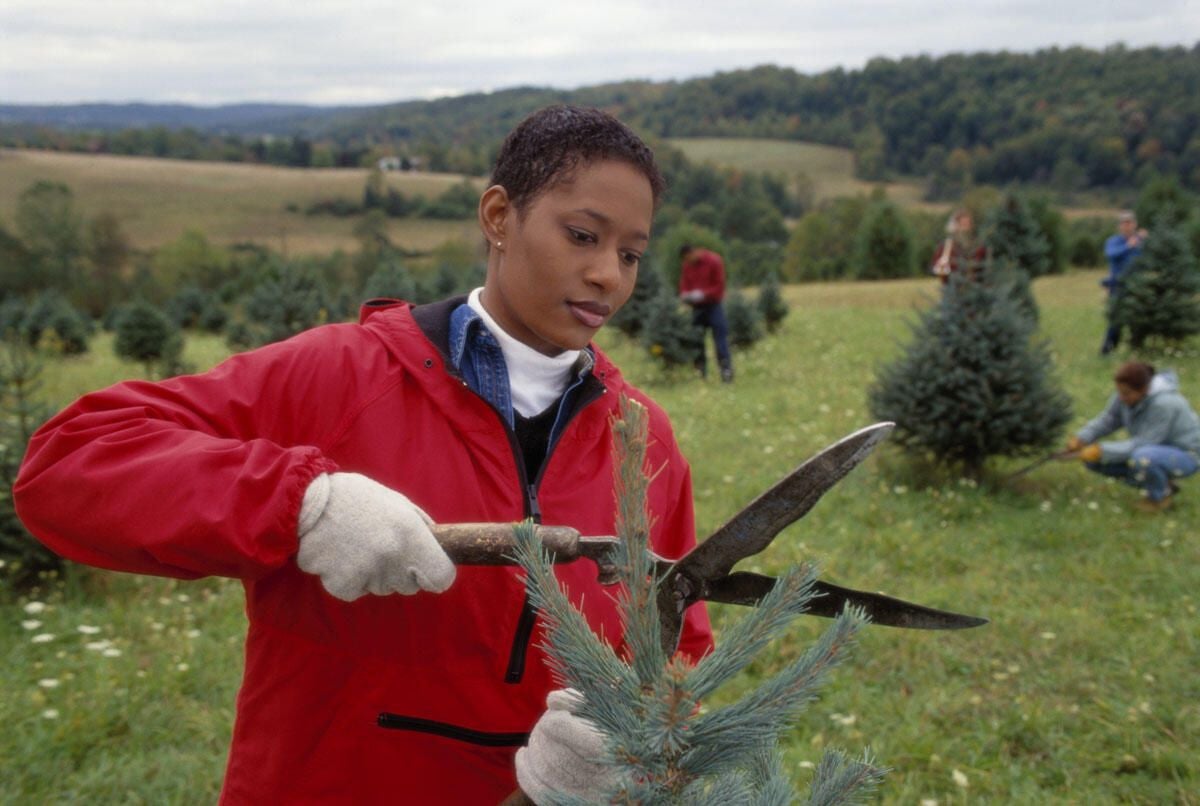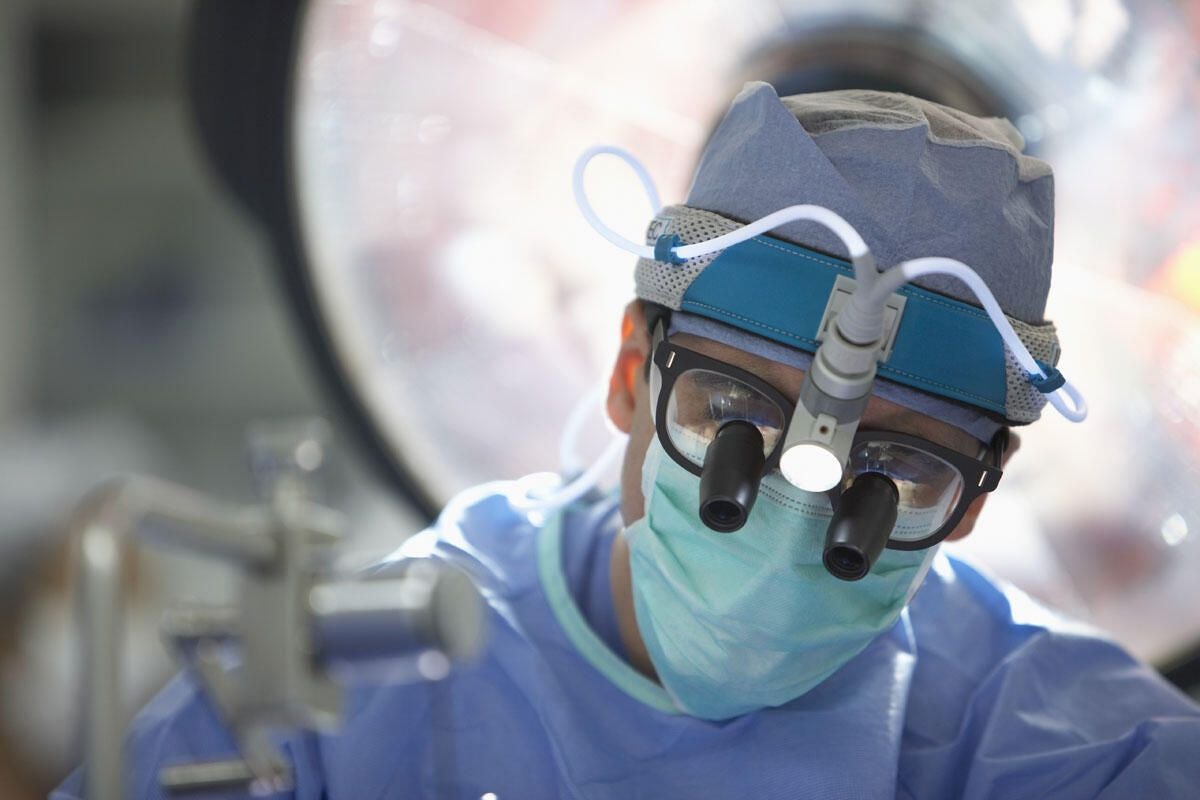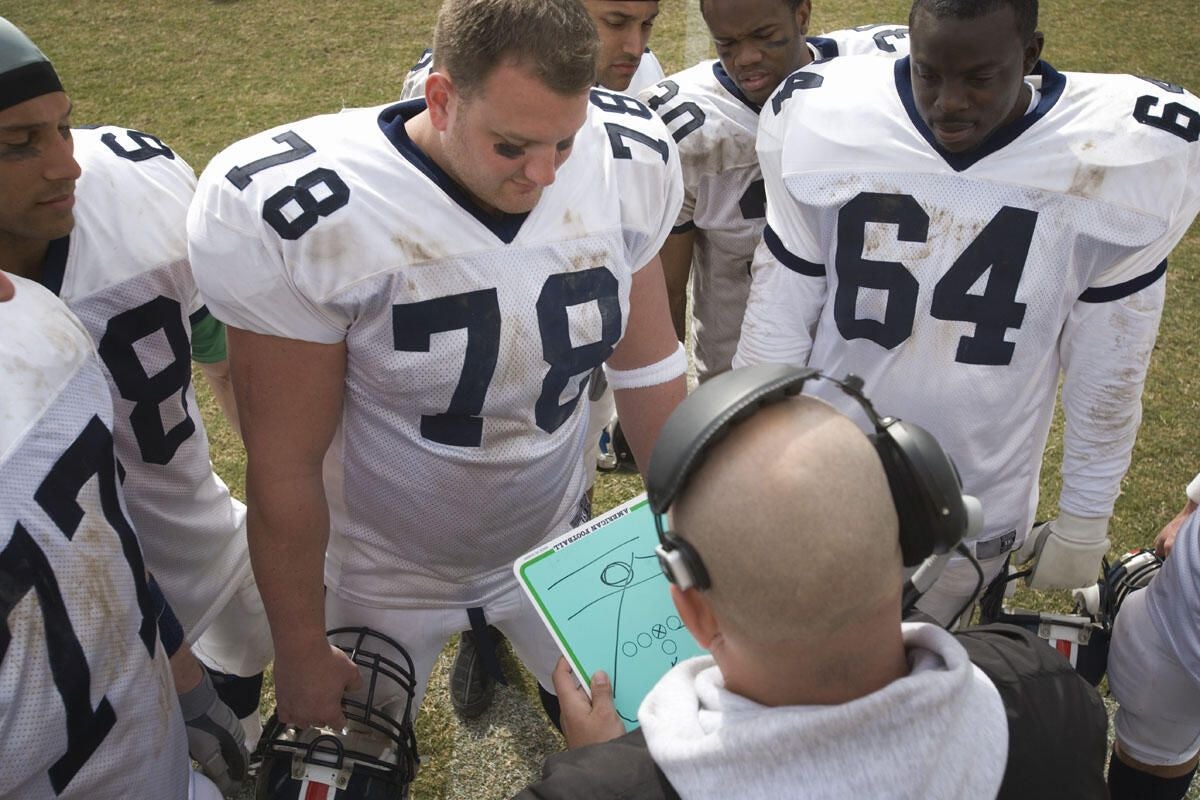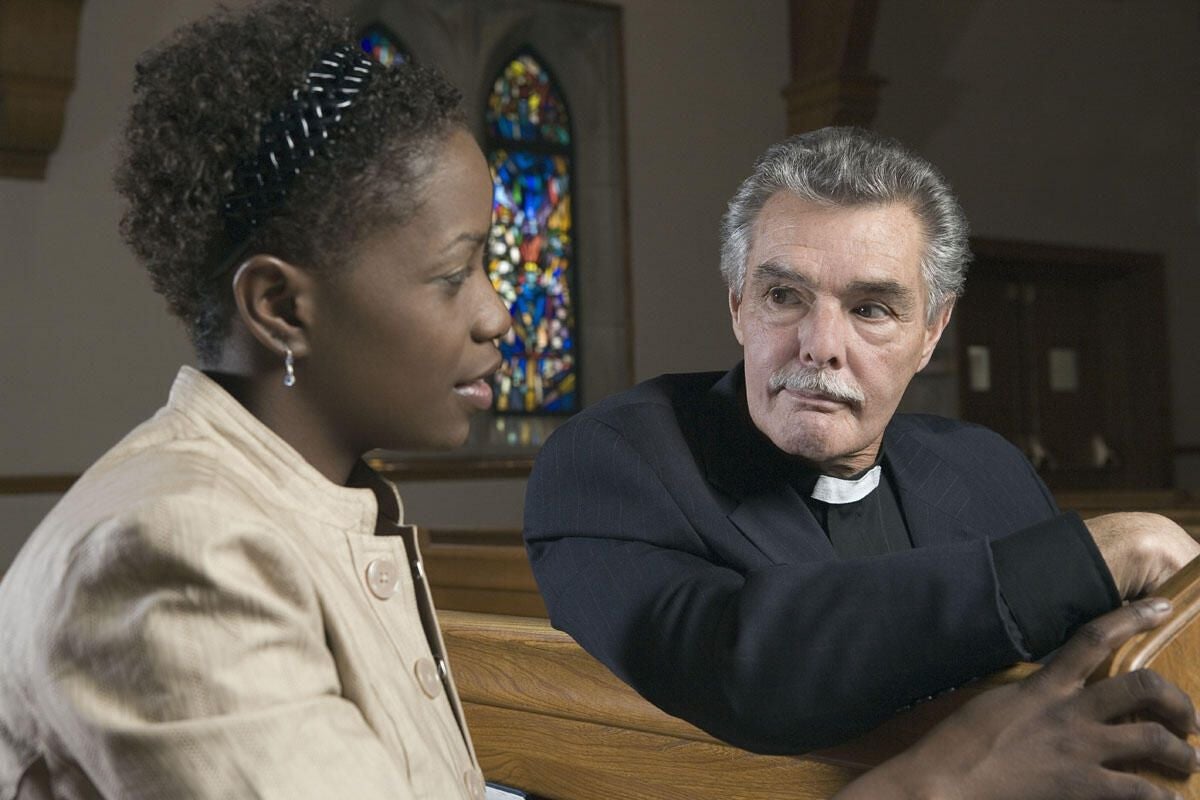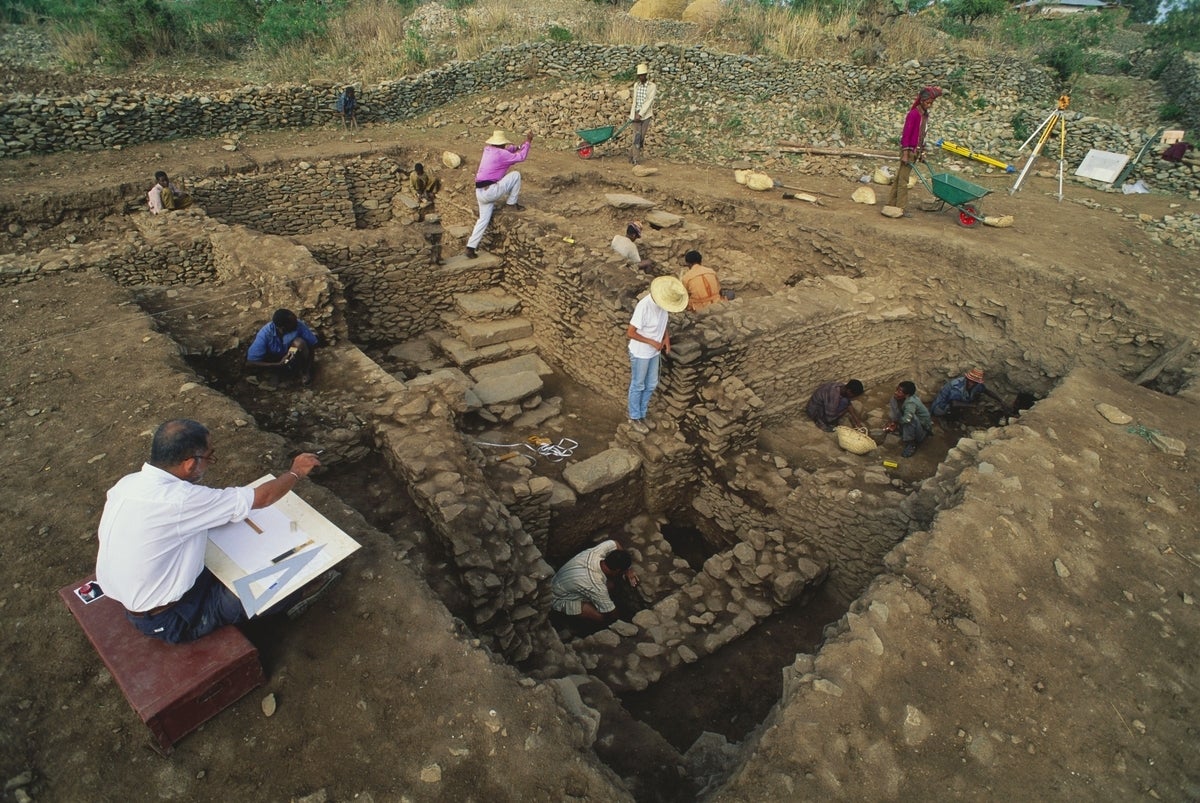The 22 safest jobs during the robot revolution
Image 1 of 21
Veterinarians
A 2013 Oxford University study estimates that 47% of current US jobs could be taken over by computers in as little as two decades. But not all professions are equally vulnerable to automation.
One particularly safe field is veterinary medicine. Pet owners expect a certain level of care and compassion from their veterinarians that robots are ill equipped to provide.
In fact, the Oxford University researchers estimate the probability of veterinarians losing their jobs to robots in the next few decades to be just 3.8%.
Recreation workers
Do you dream of working with Tom Haverford, Leslie Knope, and Ann Perkins? If so, good news: Robots won’t dash those dreams.
The probability of this job being computerized in the next couple decades: 0.61%.
Fitness trainers
Automation may be on the rise, but according to the Centers for Disease Control and Prevention, so too is the rate of obesity in children and adults.
Wearables and fitness apps address the issue, but there’s no automated substitute for the encouragement and accountability that a human personal trainer can provide.
The probability of this job being computerized in the next couple decades: 8.5%.
Nutritionists
Obesity rates and robots’ failure to provide a human level of accountability should protect the nutritionist profession from obsolescence in the near term, too.
The probability of this job being computerized in the next couple decades: 0.39%.
Makeup artists
Like many other professions that involve creativity and artistry, it’s unlikely that robots will replace makeup artists any time soon. Besides, would you let a robot come at your face with a lipstick roller?
The probability of this job being computerized in the next couple decades: 1.0%.
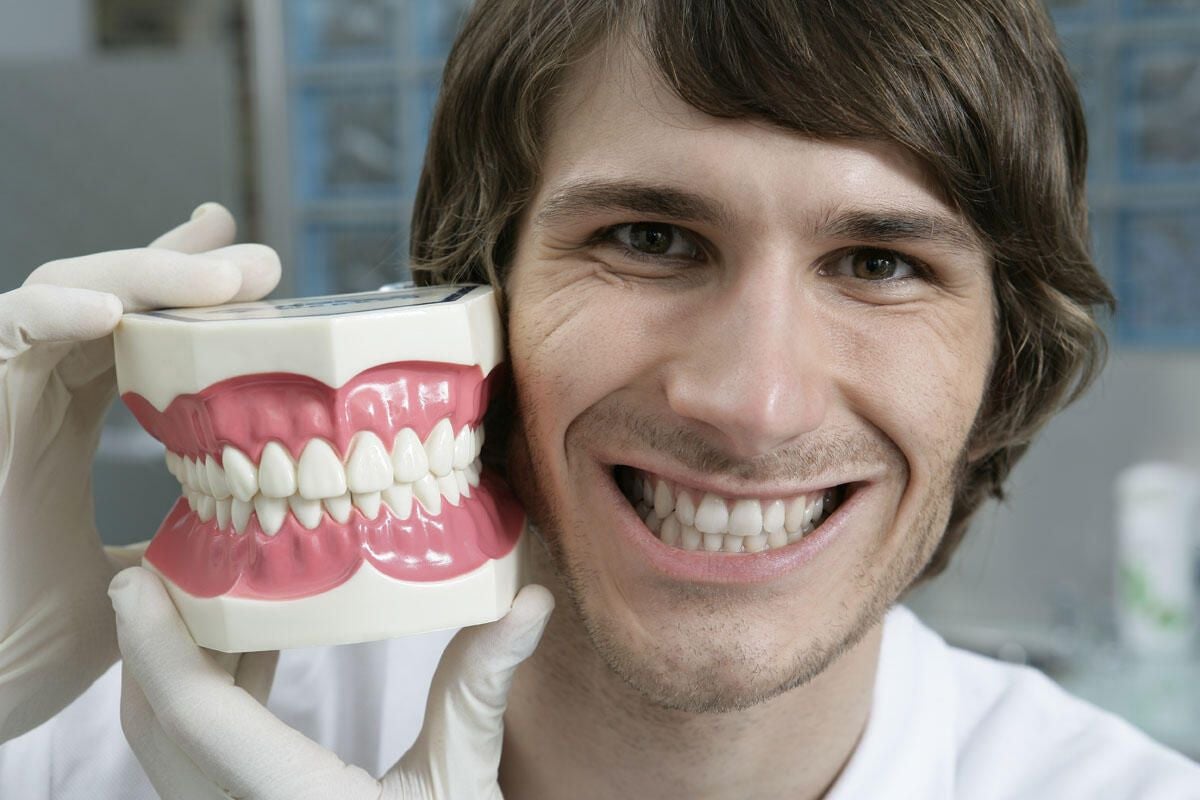

Dentists and oral surgeons
Dentists and oral surgeons
The field of dentistry is full of technical wonders — you can now have a replacement tooth 3D printed, for example. But even as this technology improves, it’s unlikely any of it will replace dentists.
The probability of this job being computerized in the next couple decades: 0.44%.
Architect
Relax, handsome stock photo architect, you can sit there looking as aloof as you want. After all, your job isn’t at risk to robots — success as an engineer requires large amounts of human creativity, artistry, and innovation.
The probability of this job being computerized in the next couple decades: 1.8%.
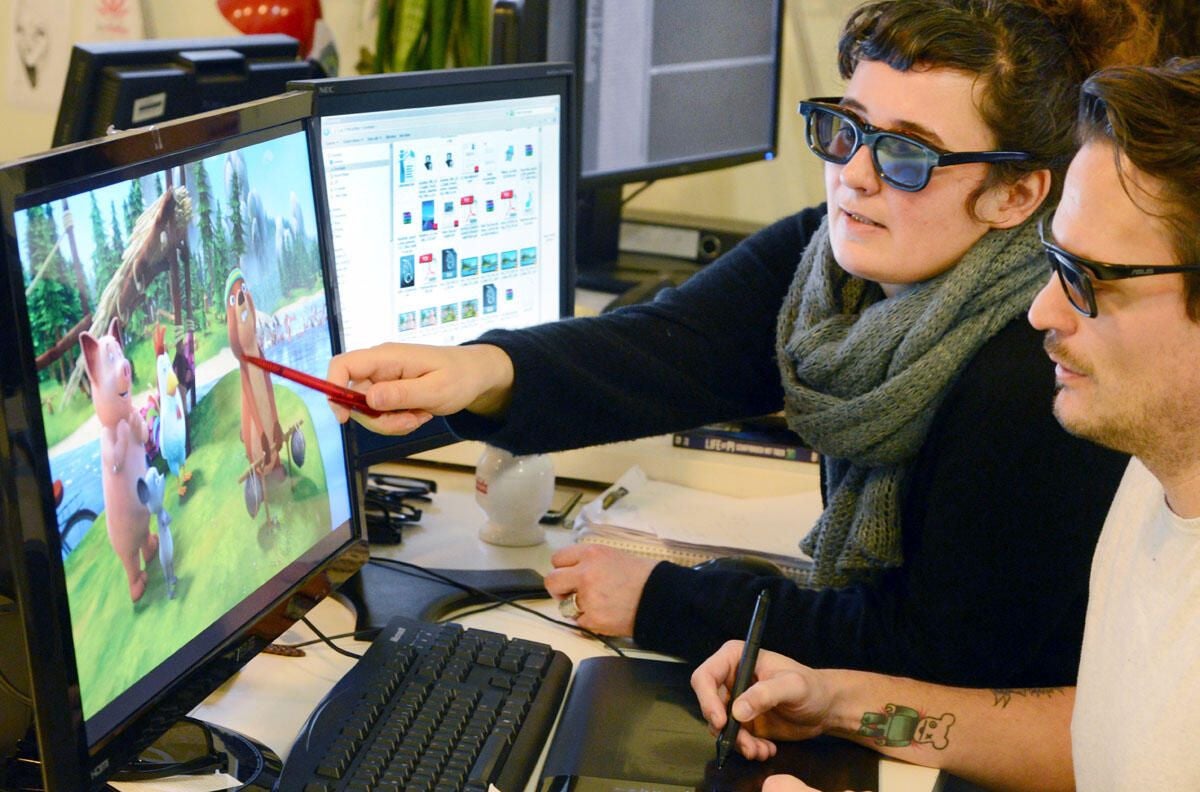

Multimedia artists and animators
Multimedia artists and animators
Creative fields like animation aren’t necessarily immune to automation, but they’re better protected than most. A person needs to be involved to make sure that what the computer outputs will look pleasing and be entertaining to other humans.
The probability of this job being computerized in the next couple decades: 0.9%.
Forester
It’s no secret that automation has already done in a number of forester jobs in the logging industry. But the Oxford University study seems to put a premium on environmental and conservation efforts, suggesting that the bulk of these automation casualties have already been, um, cut.
The probability of this job being computerized in the next couple decades: 0.81%.
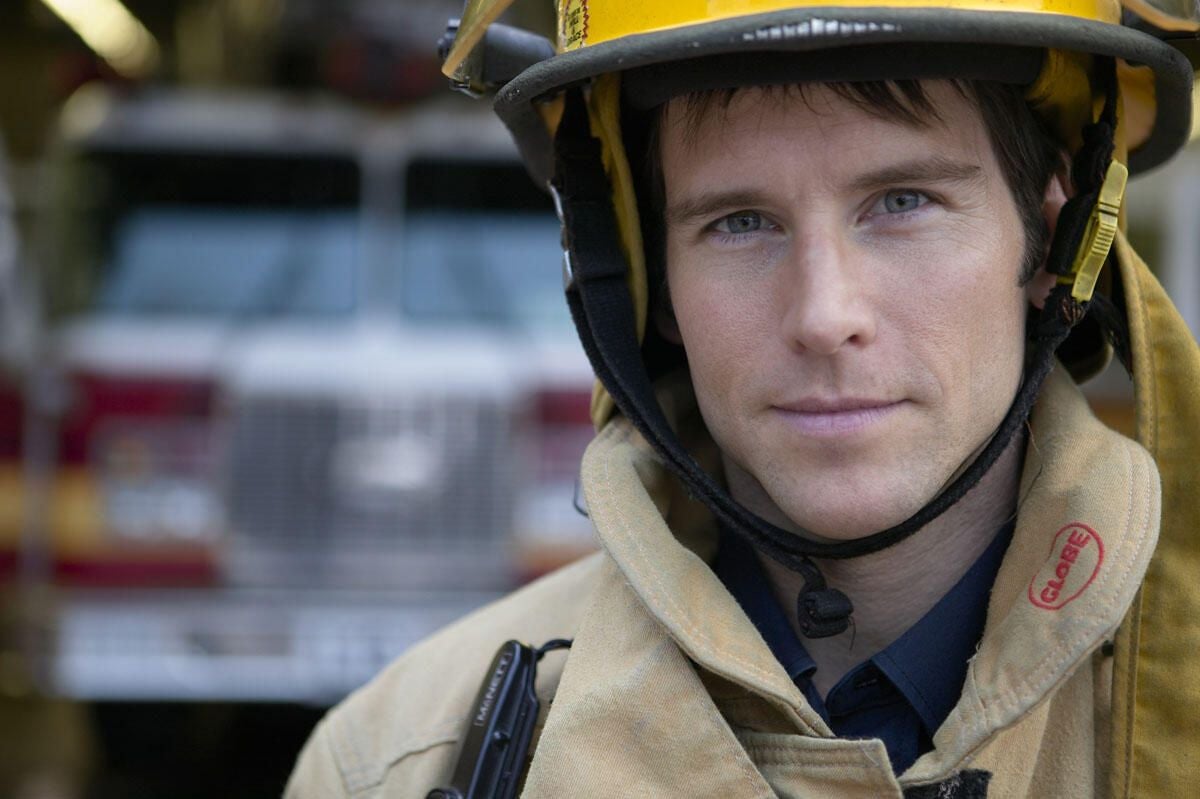

Firefighting supervisors
Firefighting supervisors
According to Oxford University, the average firefighter is unlikely (17%) to lose his or her job to a robot any time soon.
That said, the study singles out first-line firefighting supervisors as enjoying an even higher level of job security than the rank and file.
The probability of this job being computerized in the next couple decades: 0.36%.
Floral designers
It’s unlikely that floral designer will be a hot growth profession over the next few decades. But it’s also unlikely that florists will be replaced en masse by robots.
The probability of this job being computerized in the next couple decades: 4.7%.
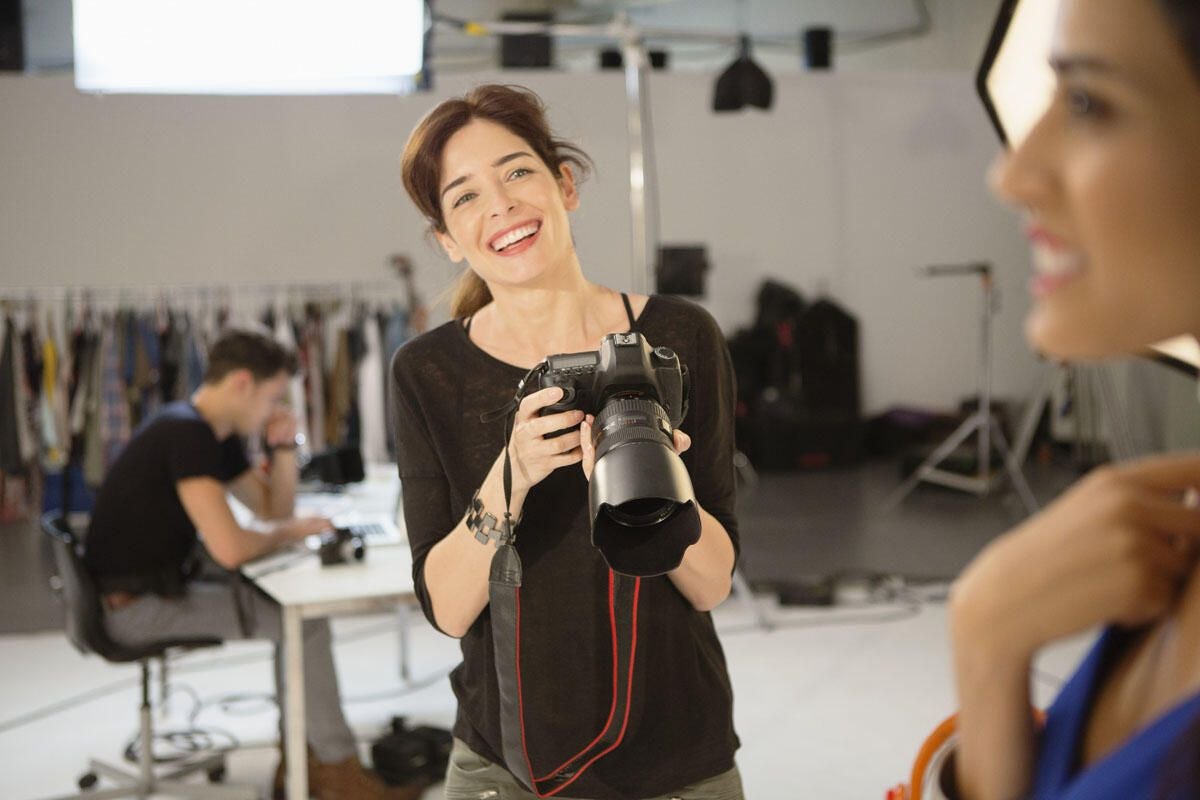

Photographers
Photographers
These days, cameras are everywhere. But there’s a certain amount of skill and creativity necessary to craft a compelling photograph — just as it takes a trained eye to know what scenes are worth immortalizing.
The probability of this job being computerized in the next couple decades: 0.9%.
Physicians and surgeons
Walk in to any operating room in the country, and you’ll see plenty of machines performing important, life-saving duties. But you’ll also see doctors and other medical professionals on hand to operate those machines, ensure they’re working properly, and know what to do in emergencies when they’re not immediately available for use.
The probability of these jobs being computerized in the next couple decades: 0.42%.
Lawyers
We’ll concede that a robot would likely have no problem passing the bar exam — it simply needs to be programmed with all the answers. But when it comes to arguing cases in front of a human judge and jury, robots lack the same ability to connect and persuade as a human lawyer does.
The probability of this job being computerized in the next couple decades: 3.5%.
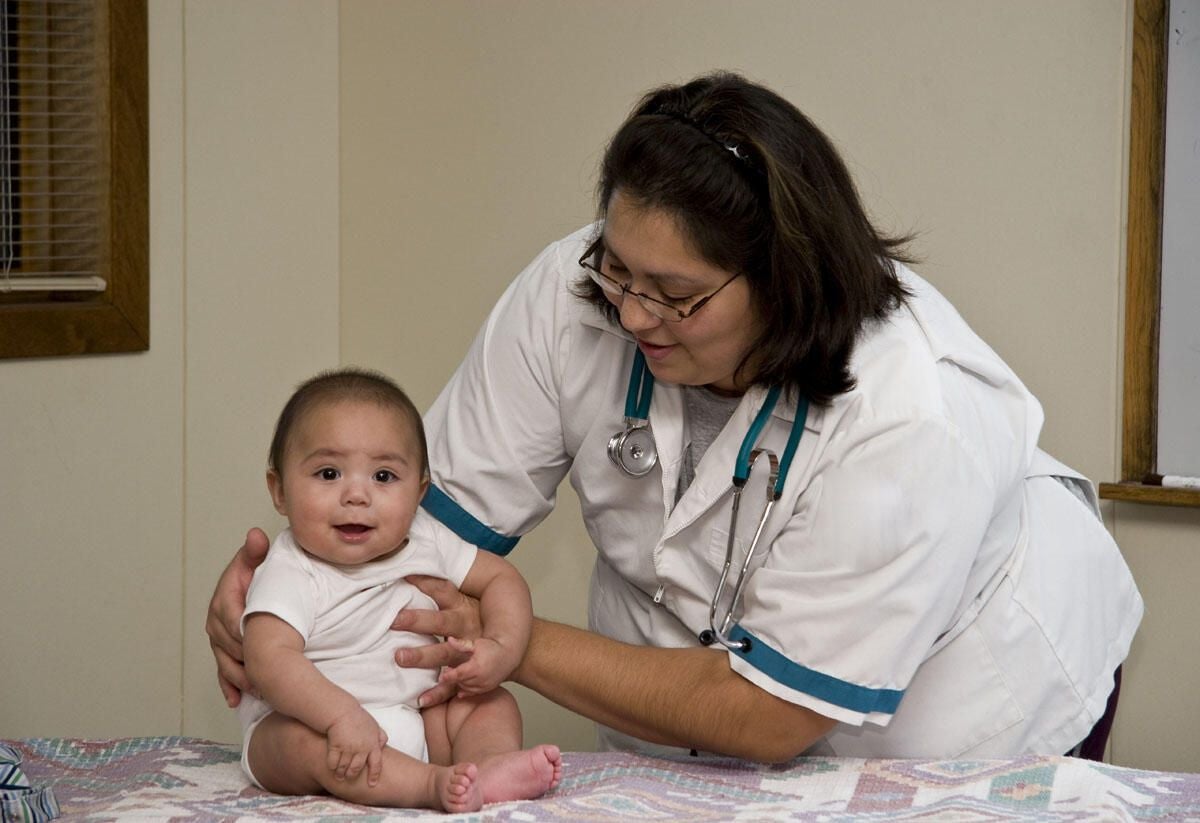

Nurses
Nurses
Nurses provide a level of human tenderness, care, and emotional support that robots cannot easily replicate.
The probability of this job being computerized in the next couple decades: 0.9%.
Coaches
Good coaches do more than just call plays — they serve as key leadership figures, connect with individual athletes, and provide encouragement and support. That’s not a great match for computerization.
The probability of this job being computerized in the next couple decades: 1.3%.
Engineers
For the most part, engineers face a relatively low risk of job loss due to automation.
According to the Oxford study, mechanical engineers face one of the lowest rates of automation (1.1%), followed closely by chemical (1.7%), aerospace (1.7%), environmental (1.8%), and civil engineering (1.9%).
But not all engineering professions are safe: Agricultural engineers have a near 50-50 shot to lose their job to a computer sometime in the next few decades.
Clergy
Few things are more human (and less machine) than faith and a belief in a higher power.
As such, it’s unlikely that robots will ever take over houses of worship — Futurama’s Reverend Lionel Preacherbot aside.
The probability of this job being computerized in the next couple decades: 0.81%.
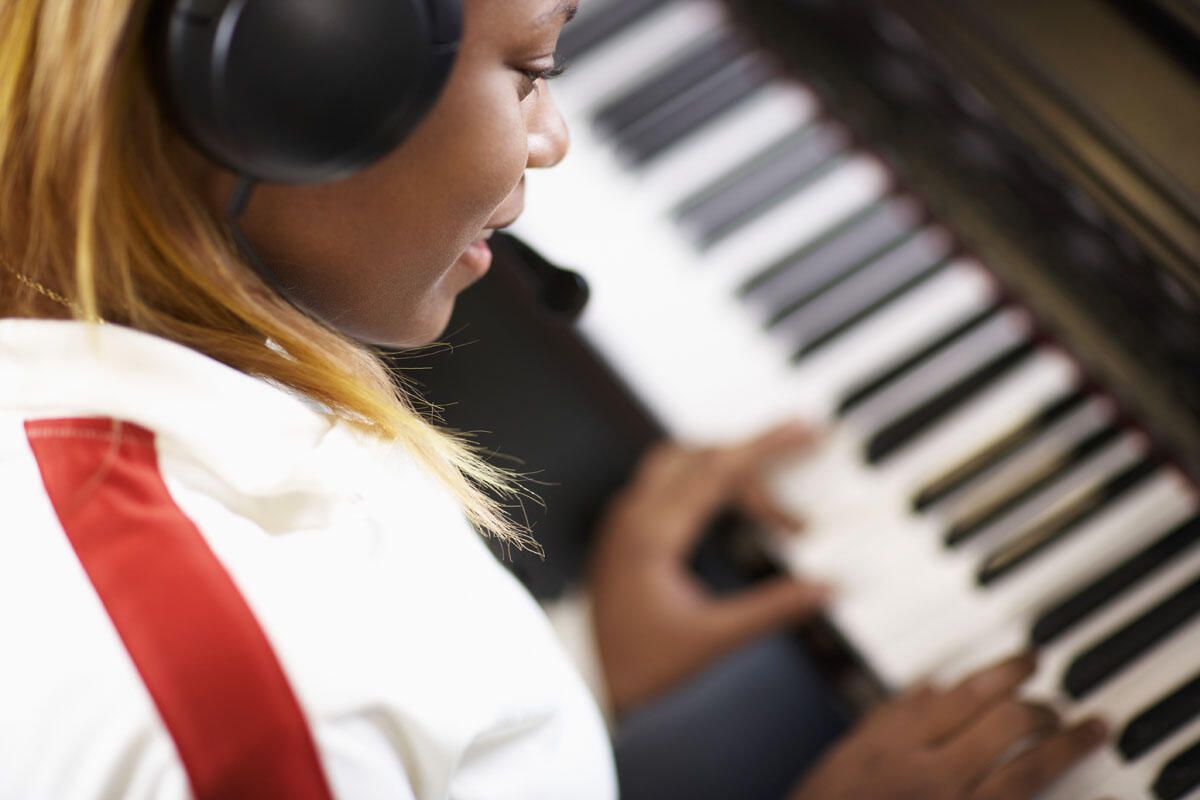

Musical directors and composers
Musical directors and composers
Can a machine write a better song than Mozart could? Perhaps someday. As for the next few decades, writing and performing pop hits, country ballads, and more will be the domain of humans, not computers.
The probability of this job being computerized in the next couple decades: 1.5%.


Preschool and elementary teachers
Preschool and elementary teachers
We concede that the future of the teaching profession will involve plenty of automated learning tools and possibly even telepresence robots.
But full automation? Probably not — small kids require too much supervision.
The probability of this job being computerized in the next couple decades: 0.44% for elementary school teachers and 0.74% for preschool teachers.
Also see: Humans 2.0: How the robot revolution is going to change how we see, feel, and talk, AI, Automation, and Tech Jobs (TechRepublic/ZDNet special feature), Why AI could destroy more jobs than it creates, and how to save them, and 10 ways automation may open up new IT job opportunities
Archaeologist
Don’t let robots dash your hopes of becoming the next Indiana Jones.
According to Oxford University, archaeologists are at incredibly low risk of job loss due to computerization — perhaps because their field work is so painstaking and intricate.
The probability of this job being computerized in the next couple decades: 0.77%.
-
Account Information
Contact Fox Van Allen
- |
- See all of Fox Van's content
